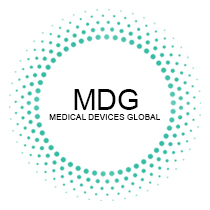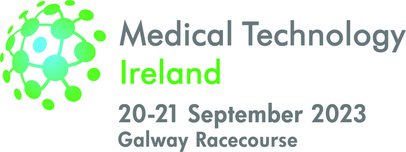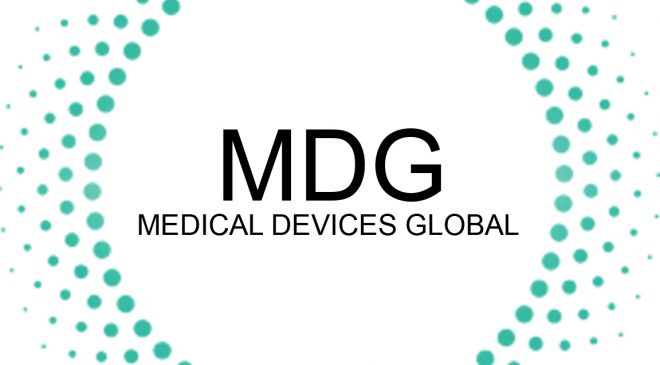With the rapid advancement of medical devices and the increasing digitization of healthcare, ensuring data security and privacy has become a paramount concern.
In the international landscape of medical devices, 2023 is set to witness a heightened focus on safeguarding sensitive patient data. As technology continues to evolve, maintaining robust data security measures and protecting patient privacy will be crucial for fostering trust, compliance, and the advancement of innovative healthcare solutions.
Strengthening Encryption and Authentication: In the future, medical device manufacturers and developers will prioritize robust encryption and authentication mechanisms to safeguard patient data. Encryption algorithms, such as advanced encryption standard (AES), will be employed to protect data both at rest and during transmission.
Strong authentication methods, including biometrics and multi-factor authentication, will be implemented to ensure that only authorized individuals can access and manipulate sensitive medical data. These measures will mitigate the risk of unauthorized access and data breaches.
Implementing Secure Communication Protocols: To ensure secure communication between medical devices, healthcare networks, and data storage systems, the implementation of secure protocols is crucial. Technologies such as Transport Layer Security (TLS) and Secure Sockets Layer (SSL) will be widely adopted to establish encrypted and authenticated connections. These protocols will protect the integrity and confidentiality of data transmitted between devices, mitigating the risk of interception and tampering.
Regulatory Compliance and Standards: Regulatory bodies and industry organizations are increasingly focusing on data security and privacy standards in the medical device sector. In 2023, international standards such as ISO/IEC 27001 and the General Data Protection Regulation (GDPR) will continue to shape the data protection landscape.
Medical device manufacturers will adhere to these regulations, implementing comprehensive security and privacy controls throughout the lifecycle of their devices. Compliance with these standards will ensure that patient data is handled responsibly and protected against unauthorized access or disclosure.
Security by Design and Regular Updates: Medical device manufacturers will adopt a security-by-design approach, considering data security and privacy as integral components throughout the development lifecycle. By conducting robust risk assessments, threat modeling, and penetration testing, manufacturers can identify and address vulnerabilities before devices reach the market.
Additionally, regular software and firmware updates will be provided to patch security vulnerabilities, ensuring that devices remain resilient to emerging threats and evolving attack vectors.
User Education and Awareness: Healthcare providers, patients, and users of medical devices will play an essential role in maintaining data security and privacy. In 2023, there will be an increased emphasis on educating users about best practices for data protection.
Training programs and guidelines will be implemented to educate healthcare professionals on secure device usage, password management, and data handling protocols. Patients will also be empowered with knowledge on their rights and responsibilities regarding the privacy and security of their health data.
Conclusion:
As medical devices continue to evolve and connect to digital healthcare ecosystems, ensuring data security and privacy becomes increasingly critical. In 2023, the international focus on safeguarding sensitive patient data within medical devices will lead to the implementation of robust encryption, secure communication protocols, and compliance with regulatory standards.
By adopting a security-by-design approach, providing regular updates, and promoting user education, the medical device industry can bolster trust, protect patient privacy, and foster innovation in healthcare. With a collective commitment to data security and privacy, the future of medical devices will thrive in a secure and patient-centric environment.



